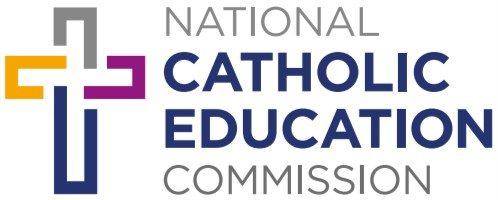Last week the Catholic Bishops of Australia released a statement encouraging parishes and schools to learn more about the inclusion of a First Nations Voice to Parliament in the Constitution, which will be posed to Australians in the form of a referendum later in the year.
The establishment of a First Nations Voice comes from the Uluru Statement from the Heart which was endorsed by the Australian Catholic Bishops Conference in 2021 and the Fifth Plenary Council of Australia last year.
The Uluru Statement reads:
With substantive constitutional change and structural reform, we believe this ancient sovereignty can shine through as a fuller expression of Australia’s nationhood… We seek constitutional reforms to empower our people and take a rightful place in our own country… We call for the establishment of a First Nations Voice enshrined in the Constitution.
We have seen in recent months great debate over the question that will be posed to Australians, and the constitutional and legislative considerations of a First Nations Voice to Parliament including what powers should be exercised. While acknowledging the ongoing need for respectful and meaningful debate on this issue, the Catholic Bishops have recognised that the omission of First Nation’s custodianship of the land in the Constitution “needs to be rectified” and a Voice to Parliament is “the way requested by those who gathered at the historic meeting at Uluru”.
Authentic and meaningful recognition of First Nations people in the Australian Constitution is a critical step along Australia’s path towards reconciliation. Aboriginal and Torres Strait Islander Peoples, through the Uluru Statement from the Heart, are seeking that recognition through a Voice that will provide a practical way to represent the views and interests of First Nations people.
As Catholic schools we understand the need for a “voice” to parliament to ensure our views can be represented and considered in the broader policy-making for our schools, so they can continue to be authentically Catholic in their nature, culture and teachings. A current example is the proposed reforms to anti-discrimination laws by the Australian Law Reform Commission which would severely limit our ability to operate and teach as Catholic schools.
As the traditional custodians of Australia, the Voice of Aboriginal and Torres Strait Islanders, needs to be heard in a way that will authentically improve the future for First Nations people.
In calling for the Catholic community to become more educated about this issue – and by extension our Catholic schools, preschools and other educational communities – the Bishops are seeking to support a space of deep reflection and listening towards justice, healing and reconciliation.
“This is an important moment in the history of the nation, and it can help us to move towards a deep and just reconciliation. It also offers a mechanism to improve the lives of Aboriginal and Torres Strait Islander Peoples,” the Bishop’s statement reads.
The Bishops have encouraged Catholic parishes, schools and agencies to arrange opportunities to read the document and have discussions about their response to its key messages.
I encourage our Catholic school communities to take up this opportunity to learn more about the Voice and to also engage with their local First Nations families and communities on this important direction for Australia.
Find out more about the First Nations Voice to Parliament
Photo: National Catholic Education executive director Jacinta Collins
